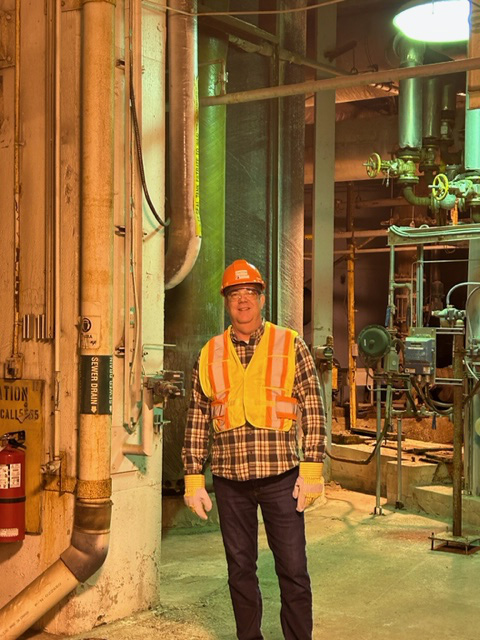The Future of Hemp is Bright. But is the Industry Ready?
Despite low acreage now, the future of hemp is bright
In 2019, there were close to 525,000 acres licensed for hemp cultivation. Acres licensed for hemp were below 70,000 in 2022, which is the lowest acreage since the passage of 2018 farm bill. There are questions as to whether the current number of acres can sustain the growth and development of the hemp fiber and grain industries. Huge opportunities exist for hemp fiber in the construction (hempcrete), plastics, automotive, paper and textile industries. At the same time, even larger opportunities for hemp grain animal feed are being stymied by FDA rules. Despite these challenges, the future of hemp fiber and grain is bright.
Congress and FDA resistance to hemp is hurting other industries
Lack of federal regulatory clarity is consistently cited as one of the top issues limiting hemp investment, opportunity and growth. This impact is being felt in other transitional industries as well, like animal feeds, fibers and grains. The slow roll of federal guidance is forcing states to intervene with sometimes devastating consequences to small business operators, manufacturers and farmers.
Hemp still represents a tremendous opportunity for farmers across the United States
Whitney Economics is forecasting 1 million acres each of annual demand for hemp fiber and hemp grain within five years. Most of this demand will not necessarily be from new innovations in hemp, instead will come via hemp’s support of existing industries that are beginning to transition into more sustainable practices.

Source: Whitney Economics
Examples of potential already exist
One shining example is hemp grains for animal feed. With the global shortages for animal feed driving U.S. farmers to cull their herds, traditional animal farmers are looking at hemp to supplement their feed supply. Some states are not waiting for FDA approvals and are approving feeds at the state level. Another example is plant-based plastics, an alternative to petroleum-based plastics which is a major source of pollution on both the land as well as in the oceans. Plant-based plastics are supporting major industries including automotive, manufacturing and every day wares.
When reform comes, will the industry be ready?
Animal feed and plant-based plastics are just two of many examples where hemp solutions can help support traditional industries to clean up their acts. When reform comes and opportunities present themselves, given the lack of acreage licensed, it appears that the hemp industry is currently unprepared to take advantage of the potential for explosive growth.
The scale of opportunity is being underestimated by many
There seems to be a lack of understanding by both policy makers and industry about the amount of scale that is required to support such large enough efforts to significantly move the needle. This was evidenced by a recent visit to Canada, where hemp is being proposed as a tool for economic development. In one single community, it will take over 100,000 acres alone to support this initiative. Similar opportunities exist within the U.S. The U.S. industry could learn a lot from our hemp neighbors to the north.

Beau Whitney visits mill in Canada to discuss opportunities for hemp fiber as a tool for economic development
The time to prepare is now
There is an immediate and significant potential for hemp. The question is when these opportunities present themselves, will the U.S. federal system and the hemp farmers and operators be ready? It will take vision and partnerships with existing industries for the true potential to be realized. The time to prepare for scale is now.
Beau Whitney
Whitney Economics
503-724-3084
About Whitney Economics
Beau Whitney is the founder and Chief Economist at Whitney Economics, a global leader in cannabis and hemp business consulting, data, and economic research. Whitney Economics is based in Portland, Oregon. Beau has provided policy recommendations at the state, national and international levels and is considered an authority on cannabis economics and the supply chain.


